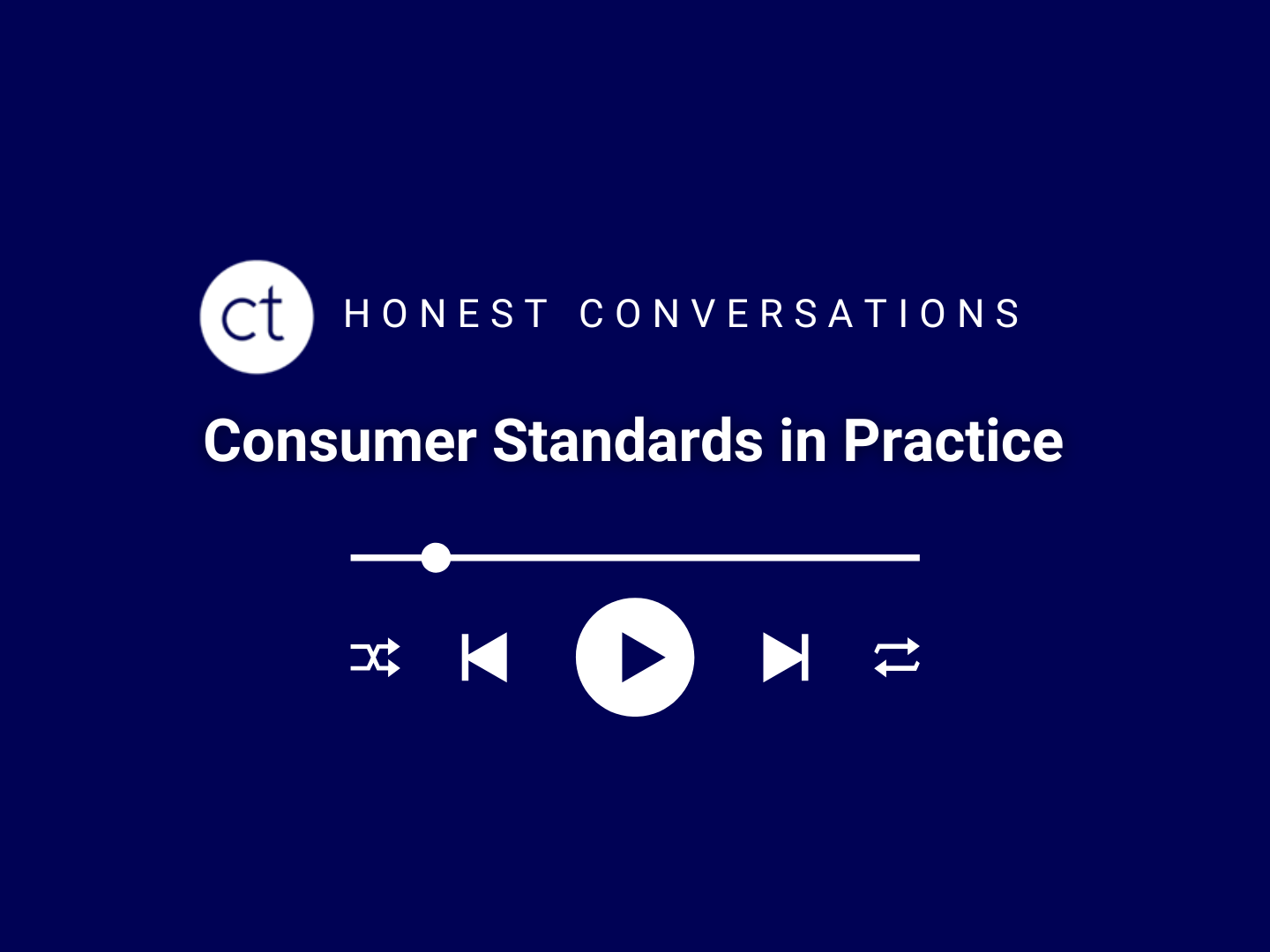CT Partners Greg Campbell and James Tickell, along with Directors Ceri Victory-Rowe and Catherine Little, set out 10 top tips to help ensure providers negotiate the current challenges while staying on the right side of regulation.
As the wider environment in which housing providers operate has become more challenging, the expectations placed on boards and executives have increased. The demands of housing regulation are not getting any easier either.
It is not hard to identify the challenges: Brexit, COVID, Russia’s Ukraine war, Middle East conflict, fuel price rises and cost of living crisis, housing demand unsatisfied, increasing homelessness. These challenges affect a range of sectors. But for housing in particular, there is the legacy of regulation being scaled back by government to focus on the governance and financial viability of housing providers, and then the turnaround in expectations following the Grenfell disaster and the tragic death of Awaab Ishak, and the problems of poorly maintained homes highlighted by the media and the Housing Ombudsman.
Much of this regulatory gap has been addressed by the Social Housing Regulation Act, now enacted. Even without that, though, regulatory attention has identified problems of varying kinds with a growing number of registered providers.
10 Top tips
Particular issues will of course have contributed to the halving in the percentage of RPs achieving G1/V1 grades. One obvious aspect would be the sense that, for those active in development and sales markets, ‘V2 is the new V1’. But the growth in the proportion of non-compliant RPs is striking.
How can providers ensure they negotiate the macro-environmental road bumps, while continuing to deliver what they are there to achieve, meeting residents’ and stakeholders’ reasonable expectations, and in the process staying on the right side of regulation?
Campbell Tickell works extensively in the areas of regulation and troubleshooting and has supported a considerable number of RPs on their improvement journeys. Here are our 10 top tips.
-
Keep it simple
Unnecessary complexity of group and staff structures creates vulnerability. Streamline and simplify to stay safe, and create clear lines of decision-making and accountability
-
Stay fresh, stay diverse
Long-standing board members and executives can become stale and complacent. Leaders who understand organisational history are important, but good boards exhibit diversity of thought and other characteristics, fresh thinking, positive challenge and regular injections of new skills.
-
Don’t believe your own propaganda
When problems arise, boards and executives often cling to inaccurate, even delusional, narratives of future success, long after events have revealed their deficiencies. When something has gone wrong, organisations must be honest with themselves, even if that is painful: understand the problem and you can start to address the changes needed.
-
Watch the canaries in the coalmine
Look out for the problem warning signs: complaints from tenants; whistleblowers; persistent negative performance trends; or fractiousness at the board. If arrears or complaints are up, or answers to straightforward questions are not forthcoming, find out why. Tenants are the first to spot things going wrong at the frontline – listening to them always pays off.
-
Avoid risks you don’t understand
When organisations get into new diversified activity, their leadership needs new skills and experience. It is not enough to place an item on the risk map: leaders must understand what it means and its potential effects. Put resilience ahead of over-ambitious development plans or over-stretched risk appetites.
-
Model the culture you want

Boards and leaders need to understand and own the culture they have created, and seek to change it when needed. Where problems are disregarded or dismissed, for example, this can lead to poor service delivery and lack of compliance. Where people do not feel they can speak up safely and be heard, it will take longer to identify problems and put them right.
-
Trust but verify
Between the scrutiny of boards and committees, comprehensive assurance is needed that the facts presented are accurate; reassurance just isn’t enough. Executives must accept challenge and questioning as an indicator of good governance, along with the support they also deserve. Dishonesty, corruption and fraud are relatively rare in the social housing sector. But the price of this must be continuing vigilance.
-
Be relentless on data integrity
Many compliance failures spring from outdated and overlapping data sources, allowing properties (for instance) to slip off gas or electrical safety registers, or manifest unremedied severe damp. Post-merger data integration can also cause problems, as can cyber-attacks, now growing in frequency. Some organisations’ failure to comply with the Rent Standard (a growing number) can arise at least in part from not maintaining a definitive, up-to-date and accurate dataset.
-
Know your counterparties
Most RPs outsource some activities, because they do not have the internal skills and resource or because that is central to their business model. Certain services will almost always be delivered by external specialists. Some organisations have, however, got into difficulty because they have engaged with unsuitable counterparties, whether investors, developers, housing managers or repairs contractors. Before engaging any third party, it is crucial to conduct proper due diligence, be clear on their financial and operational robustness, and understand the terms of business.
-
Remember: the buck stops with the board

Every regulatory problem case is at root about governance, whatever the presenting issues. When things go wrong, there are no excuses: if a board was misled, it should have had the systems, controls and assurance to prevent that. Good governance is the first, strongest line of defence. Good board members, meetings, papers, challenge – all matter. Pay attention to codes, guidance and standing orders. Reflect and learn from any emerging problems, and make sure you jump the right way. Listen to the regulator and be honest with them – they may be your best (if critical) friend. Most problems can be resolved quickly if decisive action is taken.
This article was first published in Social Housing Magazine – 15th February 2023
To discuss further, do feel free to contact:
Greg Campbell: greg.campbell@campbelltickell.com
James Tickell: james.tickell@campbelltickell.com
Ceri Victory-Rowe: ceri.victory-rowe@campbelltickell.com
Catherine Little: catherine.little@campbelltickell.com



